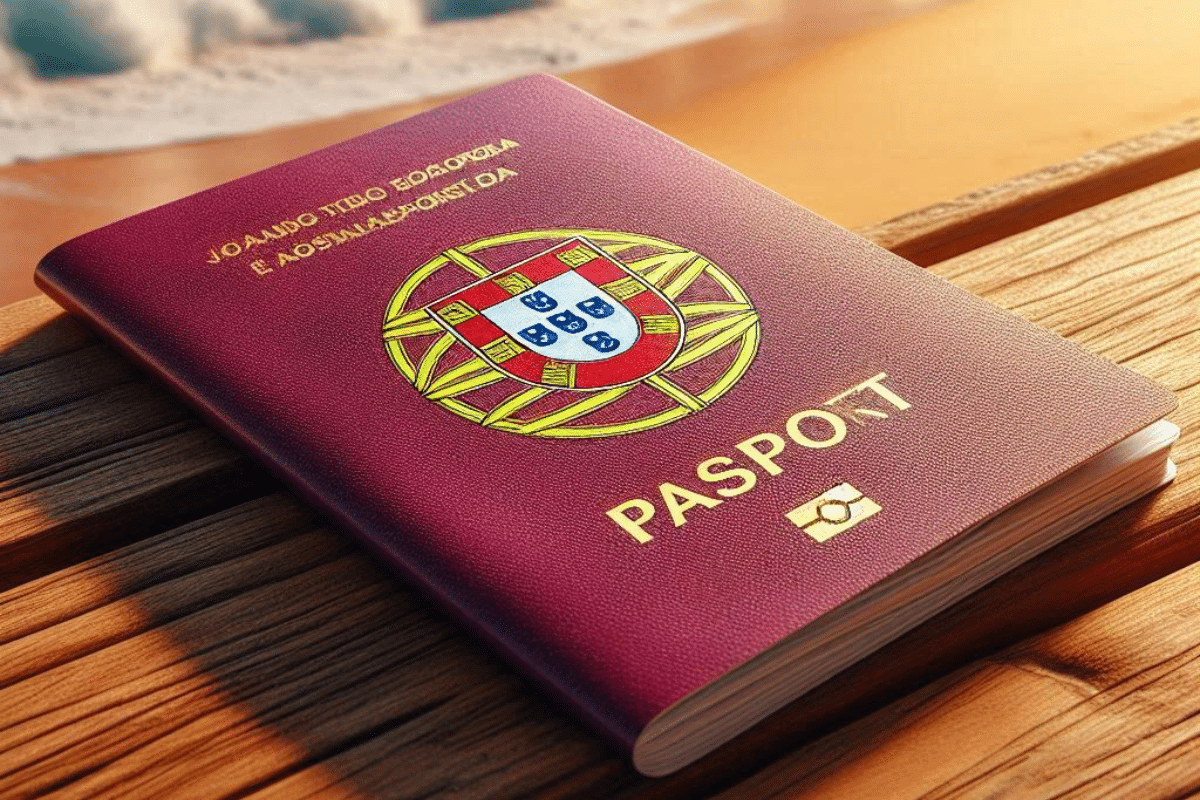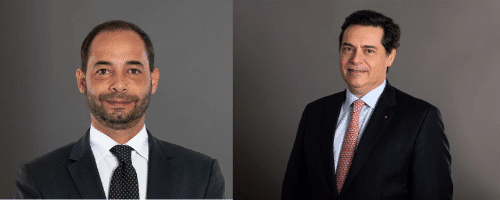The Golden Visa Regime Through Investment Funds


An article written by Rogerio Fernandes Ferreira, Managing Partner at RFF Lawyers and Duarte Ornelas Monteiro, Managing Senior Lawyer at RFF Lawyers
What is it, and who is it for?
In force since 2012, the residence permit regime for investment activities (ARI), also known as the Golden Visa was established by Law No. 23/2007, of 4th July and is regulated by Decree-Law No. 84/2007, of 5th November.
This regime was created for third country nationals who want to obtain a Residence Permit. Among the main benefits is the possibility of free movement within Schengen Area and, ultimately, obtaining Portuguese citizenship, by fulfilling additional requirements.
Developments
In response to the housing crisis faced by the average working population in Portugal, caused, among other circumstances, by the effects of inflation in the real estate market, the Portuguese government announced a legislative proposal to revoke the Golden Visa regime.
The “Mais Habitação” (More Housing) program, Law No. 56/2023, was published in 2023, and came into force the following day after its approval. Alongside other measures, it resulted in the revocation of certain modalities of the ARI regime.
Revoked Golden Visa Modalities
- Capital transfer of € 1,500,000 or more to a Portuguese bank account
- Real estate acquisition
- Acquisition of real estate for rehabilitation purposes.
Maintained Golden Visa Modalities
- Creation of at least 10 jobs
- Scientific Research: Capital transfer of € 500,000 or more to public/private research institutions in Portugal’s national scientific and technological system
- Business Investment: (i) €5 00,000 or more for establishing a company in Portugal with at least 5 permanent jobs, or (ii) Reinforcement of share capital in an existing Portuguese company with the creation of at least 5 permanent jobs, or maintenance of 10 jobs (5 of which must be permanent) for a minimum of 3 years
- Cultural Heritage Support: € 250,000 or more towards artistic production, restoration, or preservation of cultural heritage.
- Capital transfer of € 500,000.00 or more aimed at acquiring participation units or shares in non-real estate collective investment organizations, with a maturity of at least five years at the time of investment, and at least 60% of the investment value realized in commercial companies headquartered in Portugal.
Investment Funds
The new law limited the impact of changes to investments directly or indirectly related to the real estate market by adding paragraph 5 to article 3, stating: “The investment activities referred to in the previous item cannot be intended, directly or indirectly, for real estate investment.”
This amendment had an impact on the modalities that remain eligible for the Golden Visa, particularly capital transfers for acquiring units or shares in investment funds. These must be non-real estate funds.
The focus has been reinforced on investment modalities that clearly exclude real estate investments.
Despite the legislative changes, there are still doubts, since the Decree-Law has still not been amended accordingly, more than a year after it came into force, namely:
- What is direct investment, but especially what is considered indirect investment in real estate
- Investment funds involved in real estate activities may still qualify for ARI
- Companies with real estate-related corporate purposes (CAE) may qualify for the ARI
- Investments in funds/companies holding real estate for their business purpose may be eligible
Funds solely for buying, selling, or renting real estate are ineligible for ARI. However, from our point of view, investments where real estate serves to achieve broader objectives, like providing services, may still be considered eligible.
Furthermore, we believe that investment in a fund/ company that owns real estate necessary for the pursuit of its corporate purpose, such as businesses linked to hospitality (e.g., hotels or nursing homes), could be eligible for ARI. The investment is not made directly in real estate, but in the fund or company, which, by its nature, needs to own real estate to pursue its activities.
These companies are classified as service providers that own real estate, and, in our opinion, these types of investments should not be classified as direct or indirect investments in real estate.
The fact alone that many companies own real estate should not be a reason for exclusion from eligibility for the investment.
These pending issues must be properly clarified, either through legislative changes or through doctrinal clarification.
In June, the Government introduced the Migration Action Plan, with Measure 32 focusing on private capital for immigrant integration. Key proposals include:
- Expanding ARI to cover social projects for immigrants
- Potential creation of an intermediation system for social investment, alongside ARI extensions in the ‘Construir Portugal’ program for affordable housing investment
- Applying Social Impact Bonds to enhance labor market integration and reception conditions for migrants
However, no concrete legislation or actions have been announced, leaving these proposals unimplemented. The evolution of the ARI regime remains uncertain.

